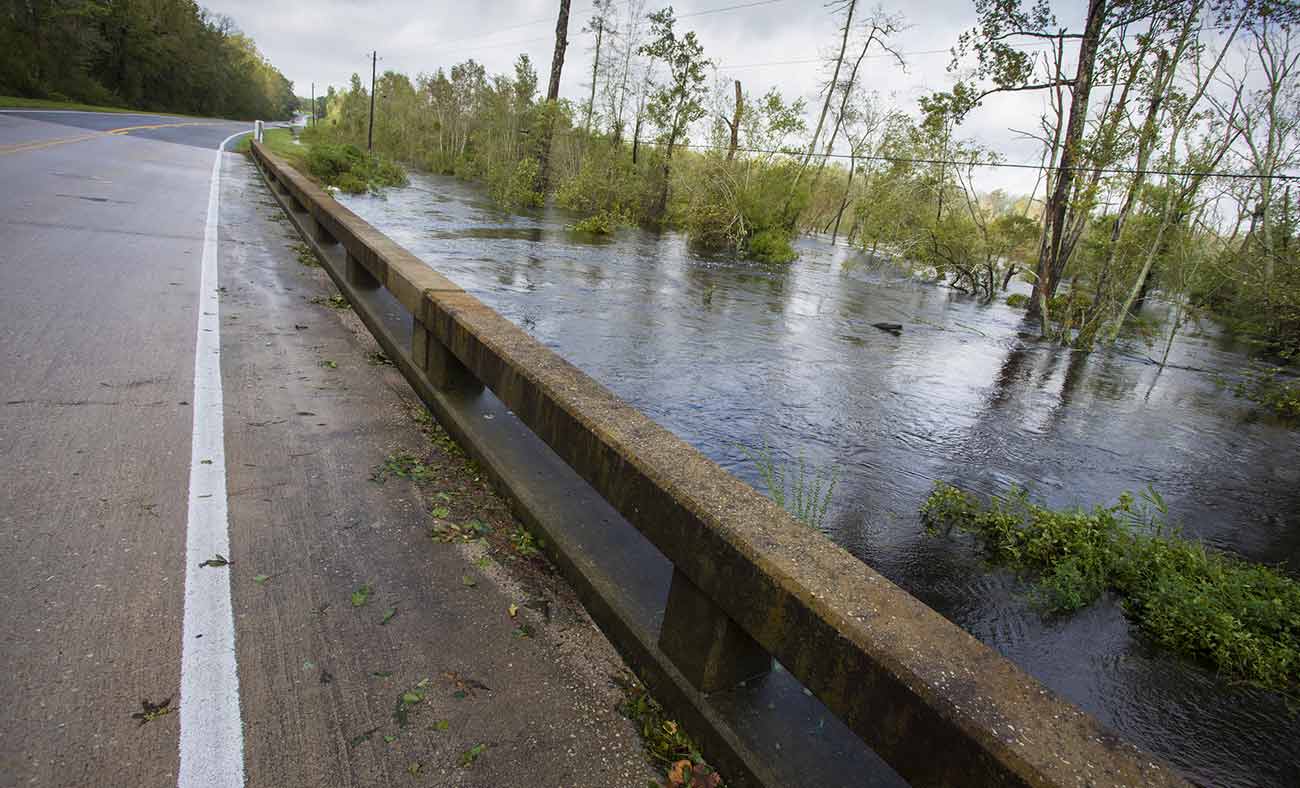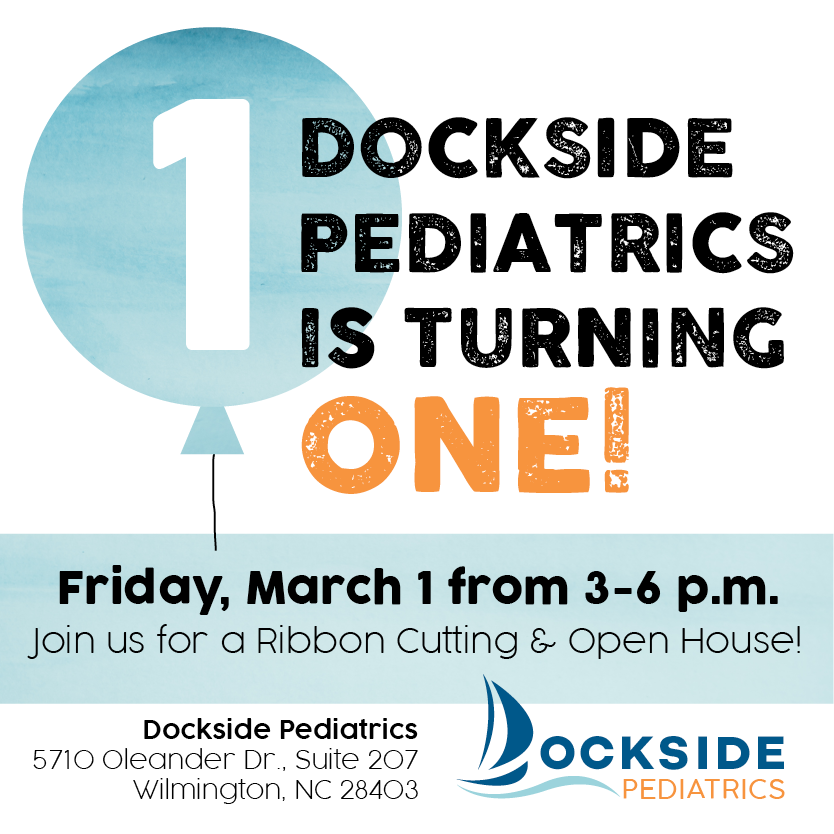
25 Sep 10 Ways to Help Children After a Storm
As many of us have witnessed over the past weeks, hurricanes bring with them a tremendous amount of destruction, suffering and hardship but we have also seen much good in the storm. As a family and company, we are thankful for God’s provision through the storm. Even though we had minimal damage to our house and business we know many within our family, church, friends and community who are hurting greatly as they recover from the storm’s destruction of their homes, places of work and sometimes even the loss of loved ones. This can be especially hard to the youngest within our community.
The recovery process for each family is different. Many families receive help from family, friends, and the local and extended community during this time of recovery. What a blessing these different individuals and groups have been to our community. We must remember though that every family is different and their experiences during and after the hurricane are varied. This means that the recovery process for every family will look different and much of this depends on how frightening the storm was for each family and the extent of the damage that was caused.
Many families will be able to return to a normal routine fairly quickly but some in our community have lost homes, businesses and some have even lost loved ones. Each child’s perception of what is going on around them is different and parents should expect each to respond in different ways. We as parents need to be ready to support each of our children during these different reactions.
Each child will respond in their own way but there are many common reactions in children. We as pediatricians see many of these reactions in our patients. Some will have anxiety, fear or worry about their safety or the safety of others, such as separation from family members. Others will have changes in behaviors, increased activity level or irritability, decreased attention, withdrawal, angry outbursts or aggression. Many parents call us because their children complain of increased physical complaints or have changes in sleep or their appetite. Some will show changes in school performances, which is often a combination of many things mentioned previously. There are some reactions that are unique to age where many younger children will show regressive behaviors like bedwetting and tantrums and adolescents may show increased risky behaviors.

10 Things Parents Can Do To Help Their Children:
1. Take care of yourself.
Remember to care for yourself physically and mentally by eating well, sleeping well and receiving medical care as needed. Don’t make any major life altering decisions that can be put off until after the recovery period, there is enough stress already. Often times, parents are stressed with finances, decisions and other struggles during this time; talk to your spouse or other caregivers during these times. Also this is a great time to reach out to friends and the church for help and mental health professionals like counselors can be of great help.
2. Talk with your children.
It is great to have family times such as family meals where you are able to talk as a family about what is happening, not just your own family but also the community. Let your children know it is ok to ask questions and express their concerns and fears. Also, expect to hear questions and comments multiple times, children often don’t understand something fully the first time it is discussed and will ask the same question again and again (HealthyChildren.org).
3. Be a role model.
This is a very stressful time for families and children will often mimic their parents in how they respond. Show them how to be calm during these stressful times – pray with them, encourage them, love on them during this time.
4. Be patient.
Your children will need extra attention during the times for recovery. They may need extra reminders to finish work for school or chores so be patient in these reminders. Parents are stressed from many different sides and these little things may irritate you at times, but remember that your children are looking to you for guidance. Being patient doesn’t mean forget all the rules that have been established in your home – continue to have an expectation of good behavior and kindness to one another.
5. Encourage your children and encourage hope.
Even during the recovery from the hurricane, we need to be able to see the positive and hopeful things around us. Many families have lost much and it is hard to encourage hope for many, but we can hopefully look around the community and see some good things around us.
6. Continue to reassure your children that they are safe.
Part of this does mean to provide a safe location for your children. For some, this means finding a place to stay at a shelter, family or friend’s house or other suitable location. Once this is accomplished, this reassurance will need to be repeated multiple times. Remind your children that they are loved by spending time with them and staying connected, this may mean playing board games, reading together or just snuggling together.
7.Get back to as much routine as possible.
Children always feel the most safe and secure when they know what is going on around them and know what to expect. Even as we look at the local area, our children have been out of school for almost 4 weeks for some schools and this takes a toll both on parents and children. Try to stick to every day routines, especially mealtimes and bedtimes.
8. Tell your children about the recovery and encourage them to help.
Remind children that many people and companies are working to help the recovery in a community. Even in Wilmington we see the addition of many people from outside the local community helping with electricity repair and tree removal. We also see many regional and national recovery teams from churches and other organizations that have come to help the community. Allow your children to help, as they find areas where they are able to contribute they are able to better cope with what is going on around them.
9. Limit media exposure and monitor adult conversation.
Be careful what your children hear and see on the internet or television. Seeing too many of the pictures on these medias can increase fears and anxiety. Also be careful what is said around your children – some adult conversations may frighten a child and cause more problems.
10. Reduce boredom.
Whichever saying regarding idle hands you prescribe to, it is true that children who are bored and have nothing to do, may cause increased trouble and have increased anxiety. Many of your routine activities, including school, and your extracurricular activities have been altered or suspended. Help your children find alternative ways to spend their time is important. Find new games and check out the many community programs that have child-friendly activities.
It is a lot of work to recover from any hurricane and it puts a lot of stress and pressure on people, especially children and parents. Dockside’s pediatricians desire to help our patients and our community cope with Florence and the recovery from the storm. Always remember if you see concerns in behavior in yourself or your children, do not hesitate to call your pediatrician or mental health profession, we are there to help you recover both physically and mentally. Remember to look around and see what an amazing community we live in – people helping their neighbors and loved ones during this storm!
Sources:
This information was based on the Parent Guidelines for Helping Children after a Hurricane at NCTSN.org (National Child Traumatic Stress Network) and healthychildren.org



